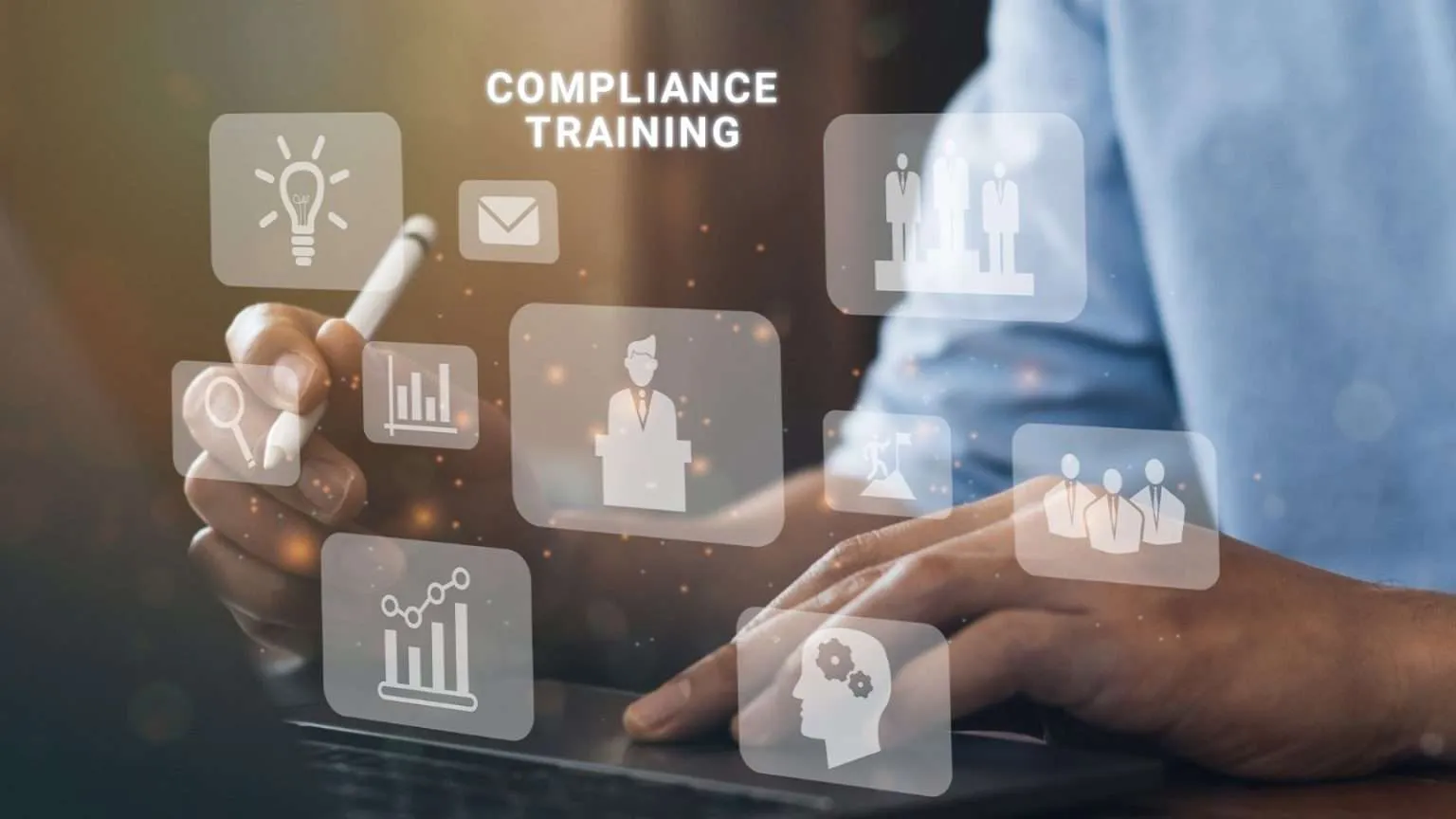Compliance training serves as the cornerstone for educating employees about the laws, regulations, and internal policies pertinent to their roles. Beyond merely fulfilling legal obligations, such training is instrumental in risk mitigation, safeguarding the organization’s reputation, and fostering an ethical workplace culture. When employees are well-versed in compliance standards, they are better equipped to make informed decisions, thereby reducing the likelihood of violations that could lead to financial penalties or legal action.
Challenges in Traditional Compliance Training
Despite its importance, traditional compliance training often encounters several obstacles:
-
Overwhelming Content: The extensive list of compliance topics—ranging from data protection and anti-corruption to workplace harassment and environmental regulations—can be daunting for employees.
-
One-Size-Fits-All Approach: Generic training modules may not address the specific needs of different departments or roles, leading to disengagement and ineffective learning.
-
Negative Perception: Employees often view compliance training as a checkbox exercise designed to protect management rather than empower staff, resulting in a lack of genuine engagement.
Microlearning: A Paradigm Shift in Compliance Training
To address these challenges, organizations are increasingly turning to microlearning—a training approach that delivers information in concise, focused segments. Microlearning aligns with the brain’s natural learning processes, enhancing retention and application. Here’s how microlearning can revolutionize compliance training:
-
Bite-Sized Modules: Breaking down complex compliance topics into manageable chunks makes it easier for employees to absorb and retain information.
-
Role-Specific Content: Tailoring modules to address the unique compliance requirements of different roles ensures relevance and applicability.
-
Interactive Elements: Incorporating quizzes, scenarios, and real-life case studies fosters active engagement and reinforces learning outcomes.
-
Flexible Access: Providing training materials that employees can access at their convenience promotes a culture of continuous learning.
Building a Resilient Workforce Through Microlearning
Integrating microlearning into compliance training offers several benefits that collectively enhance workforce resilience:
-
Enhanced Risk Mitigation: Regular, focused training sessions keep compliance issues top-of-mind, enabling employees to identify and address potential risks proactively.
-
Improved Ethical Decision-Making: Continuous exposure to ethical scenarios and decision-making frameworks empowers employees to act with integrity, even in complex situations.
-
Adaptability to Change: Microlearning modules can be quickly updated to reflect regulatory changes, ensuring that the workforce remains informed and compliant.
-
Positive Organizational Culture: A commitment to ongoing, accessible training fosters an environment where compliance and ethics are valued, leading to increased employee engagement and morale.
Implementing Microlearning in Compliance Training
To effectively leverage microlearning for compliance training, organizations should consider the following strategies:
-
Assess Training Needs: Conduct a thorough analysis to identify the specific compliance topics relevant to different roles within the organization.
-
Develop Targeted Content: Create concise modules that focus on key learning objectives, using clear and straightforward language.
-
Utilize Technology Platforms: Employ learning management systems (LMS) that support microlearning and allow for easy tracking of employee progress and comprehension.
-
Encourage Continuous Learning: Promote a culture where employees are encouraged to engage with training materials regularly, reinforcing the importance of compliance in daily operations.
Case Study: The Impact of Microlearning on Compliance
Consider the example of a healthcare organization that implemented microlearning for its compliance training. By delivering short, role-specific modules on topics such as patient privacy and data security, the organization observed a 35% reduction in compliance-related incidents within a year. Employees reported higher satisfaction with the training format, noting that it was less time-consuming and more relevant to their daily responsibilities.
Conclusion
In an era where regulatory landscapes are continually evolving, building a resilient workforce is paramount. Effective compliance training, particularly through the adoption of microlearning strategies, equips employees with the knowledge and skills necessary to navigate complex ethical and legal challenges. By fostering a culture of continuous, accessible learning, organizations not only mitigate risks but also enhance overall performance and integrity.
